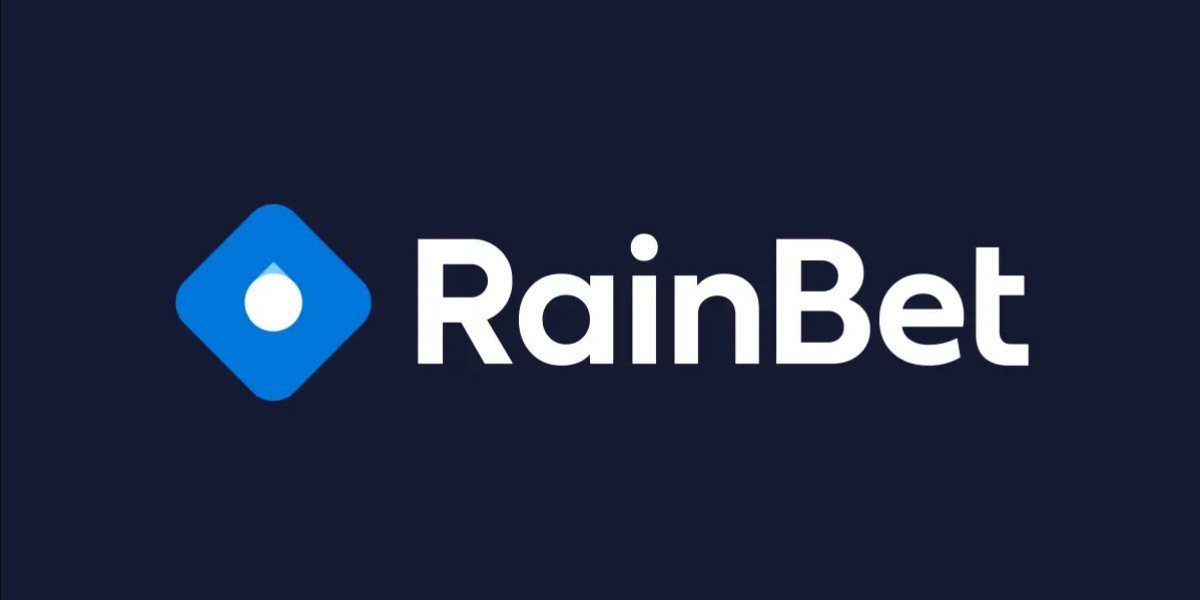Investing in financial markets can be overwhelming for beginners, especially when faced with multiple investment options like shares, debentures and bonds investment. Understanding the shares and debentures difference is crucial in making informed investment decisions.
While both shares and debentures are issued by companies to raise capital, they serve different purposes and come with distinct risks and rewards. This guide will explain the fundamentals of shares and debentures, their key differences and how they fit into an investor’s portfolio.
What Are Shares?
A share represents ownership in a company. When an investor buys shares, they become a partial owner (shareholder) of the company and can benefit from capital appreciation and dividends.
Key Features of Shares:
Ownership Rights: Shareholders own a portion of the company.
Dividends: Companies may distribute profits to shareholders as dividends.
Market Volatility: Share prices fluctuate based on market demand and company performance.
Voting Rights: Shareholders can participate in company decisions (e.g., electing board members).
High-Risk, High-Return: Share prices can rise significantly but can also drop in value.
Example: If an investor buys 100 shares of a company at ₹500 per share and the price increases to ₹600, they earn a ₹10,000 profit. However, if the price drops by 100, they incur a loss of the same amount.
What Are Debentures?
A debenture is a type of debt instrument that a company issues to borrow funds from investors. Unlike shares, debenture holders do not own a stake in the company but receive fixed interest payments over time.
Key Features of Debentures:
Fixed Interest Payments: Investors receive periodic interest at a predetermined rate.
No Ownership: Unlike shares, debenture holders are creditors, not owners.
Lower Risk Than Shares: Since debentures provide fixed returns, they are less volatile.
Maturity Date: The company repays the principal amount at the end of the tenure.
Secured & Unsecured: Some debentures are backed by company assets, while others are not.
Example: If a company issues a debenture with a 9% interest rate for five years, an investor will receive fixed interest annually until maturity, along with the principal repayment.
Shares and Debentures Difference
Feature | Shares | Debentures |
Nature | Represents ownership in a company | Represents debt (loan given to the company) |
Risk Level | High risk due to price fluctuations | Lower risk as returns are fixed |
Returns | Dividends & capital gains | Fixed interest payments |
Voting Rights | Shareholders have voting rights | Debenture holders do not have voting rights |
Profit Dependency | Earnings depend on company performance | Interest is paid regardless of profits |
Maturity | No maturity, held indefinitely | Has a fixed maturity date |
Security | No security backing | Can be secured or unsecured |
Market Volatility | Highly volatile | Relatively stable |
Key Takeaway: Shares offer high returns potential but with high risk, while debentures provide stable, fixed returns with lower risk.
Bonds Investment vs. Debentures
Many investors also compare bonds and debentures, as both are fixed-income instruments.
Bonds are usually more secure than debentures, as they are often backed by the government or strong corporations.
Debentures can be riskier if they are unsecured, as they depend on the company's financial health.
Government and corporate bonds are considered safer options in bonds investment strategies.
Tip: If you seek low-risk investments, consider bonds or secured debentures rather than equity shares.
Which Is the Better Investment?
The choice between shares and debentures depends on an investor’s:
Risk Appetite: If you can handle market fluctuations, invest in shares. If you prefer stability, debentures are a better option.
Return Expectations: Shares can provide higher returns over time, while debentures offer fixed income.
Investment Horizon: Shares are good for long-term wealth creation, while debentures are ideal for fixed-income needs.
Portfolio Diversification Tip:
A well-balanced portfolio should include:
Shares for growth potential
Debentures and bonds for stability
Final Thoughts
Understanding the shares and debentures difference is essential for making smart investment choices. While shares offer high returns with higher risk, debentures provide steady income with lower risk.
For investors looking to create a diverse investment portfolio, a combination of shares, debentures and bonds investment can provide growth, income stability and risk management. Before investing, assess your financial goals, risk tolerance and investment timeline to make the right choice.







